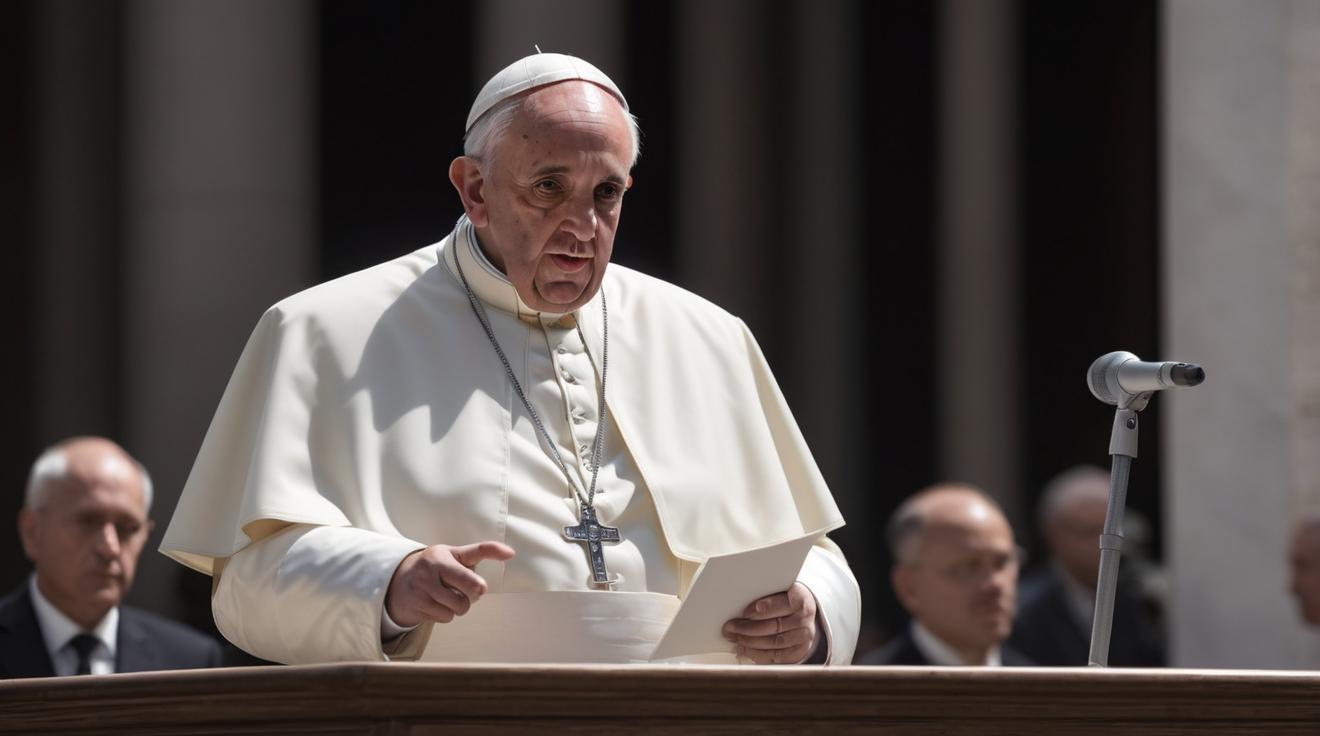Trump Administration Enacts $100,000 Fee on H-1B Visa Applications
President Donald Trump announced a sweeping change to the H-1B visa program, dramatically increasing the cost for companies seeking to hire foreign skilled workers. The new proclamation mandates a $100,000 fee for each new H-1B visa application, a significant escalation from the existing $215 lottery registration fee.Overview of the H-1B Visa Program
The H-1B visa enables U.S. employers to recruit foreign professionals in specialized fields such as information technology, engineering, mathematics, and medicine. The program is capped at 65,000 new visas annually, with an additional 20,000 visas allocated to foreign nationals holding advanced degrees from U.S. universities. Visas are granted through a lottery system and typically last for three years, with possible extensions and pathways to permanent residency.Administration Cites Abuse and Worker Displacement
The White House justifies the fee increase as part of a broader effort to curb what it describes as widespread exploitation of the H-1B program. Officials argue that the program has resulted in the displacement of American workers, citing data showing the proportion of IT workers on H-1B visas rising from 32% in 2003 to over 65% today. Meanwhile, unemployment among recent computer science graduates has reached 6.1%, according to administration figures.“One company was approved for 5,189 H-1B workers this fiscal year while laying off approximately 16,000 American employees,” the White House noted in its official fact sheet.
Contents
Trump Administration Enacts $100,000 Fee on H-1B Visa ApplicationsOverview of the H-1B Visa ProgramAdministration Cites Abuse and Worker DisplacementIndustry and Tech Leaders Express ConcernVenture Capital Association Advocates for H-1B ExpansionCorporate Advisories and Travel RestrictionsFinOracleAI — Market View
Industry and Tech Leaders Express Concern
The technology sector reacted swiftly, with many leaders warning that the new fee threatens the U.S. position as a global innovation hub. Silicon Valley, which has benefited immensely from the H-1B program, views the move as detrimental to talent acquisition and retention. Elon Musk, a prominent figure who initially obtained an H-1B visa, has been a vocal defender of the program. Earlier this year, Musk underscored the critical role H-1B visas played in enabling the creation of SpaceX, Tesla, and other major American enterprises.“The reason I’m in America along with so many critical people who built SpaceX, Tesla and hundreds of other companies that made America strong is because of H1B,” Musk tweeted in response to critics of the visa program.
Mike Krieger, co-founder of Instagram and now Chief Product Officer at AI company Anthropic, is another example of the program’s impact. The Brazilian-born Stanford graduate worked in the U.S. on an H-1B visa before co-founding Instagram, despite facing visa transfer delays that nearly jeopardized the startup.Venture Capital Association Advocates for H-1B Expansion
The National Venture Capital Association (NVCA) recently emphasized the importance of the H-1B program in fostering immigrant-founded startups. While acknowledging the program’s limitations for immediate company founding, the NVCA highlighted its role in providing valuable work experience and expanding the pool of potential immigrant entrepreneurs.“Raising the annual cap of H-1B visas issued each year to educated and highly skilled immigrants is fundamental to generating more successful immigrant-founded companies,” the NVCA stated in a letter to the National Science Foundation.
The association noted that visa restrictions, especially the employer-employee ties inherent in the H-1B, complicate startup creation and can delay founders’ ability to launch new ventures.Corporate Advisories and Travel Restrictions
In response to the announcement, major tech companies including Amazon, Google, and Microsoft have reportedly advised employees on H-1B visas to avoid international travel and remain within the United States to mitigate risks associated with visa uncertainties. The administration’s proclamation also includes provisions for case-by-case exemptions deemed in the national interest and directs the Labor Secretary to update wage requirements to ensure American salaries are not undercut by the program.FinOracleAI — Market View
The Trump administration’s substantial fee increase on H-1B visas marks a significant shift in U.S. immigration policy targeting skilled foreign workers. This move is poised to reshape the talent acquisition landscape for the technology sector, which has historically relied on the program to fill critical roles and foster innovation.- Opportunities: Potential increase in job opportunities for domestic workers; incentivizing companies to invest more in American talent development.
- Risks: Talent drain as skilled immigrants seek more welcoming countries; disruption to tech startups and innovation pipelines reliant on H-1B workers.
- Increased operational costs for companies hiring foreign professionals, potentially slowing hiring and growth.
- Possible legal challenges and lobbying efforts to reverse or modify the new fee structure.
- Short-term uncertainty for current H-1B visa holders impacting employee retention and mobility.













